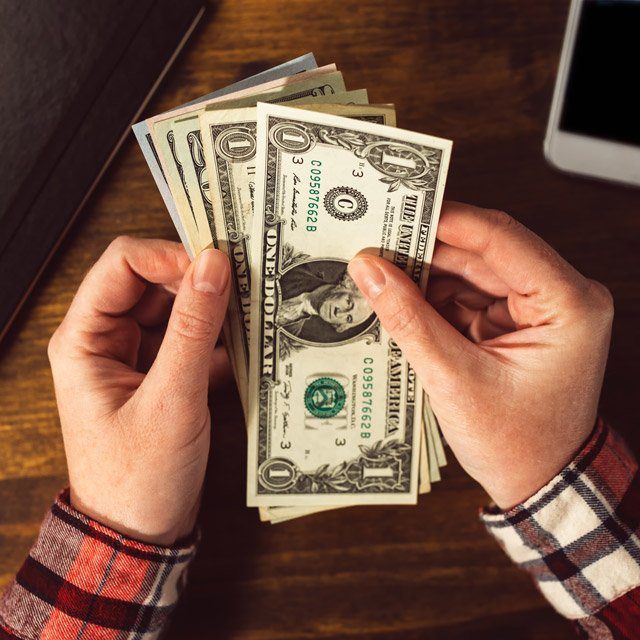Financial Resilience Grew Last Year Despite COVID-19: Study

What You Need to Know
Fifty-three percent of respondents had three months’ emergency savings in 2021, up from 49% in 2018 and just 35% in 2009.
Idled workers had more financial anxiety and were much likelier to overdraw their checking account and fall behind on mortgage payments.
Younger, less-educated adults and those who identify as African American or Hispanic/Latino were most likely to experience unexpected income drops.
Adults in the U.S. generally fared better in 2021 than in the decade before the pandemic, the FINRA Investor Education Foundation reported this week.
“Our study adds to a growing body of evidence that many U.S. adults were able to fortify their personal finances during the COVID-19 pandemic, despite the many economic disruptions it has triggered,” said Gerri Walsh, the foundation’s president, in a statement.
“At the same time, the research shows that some segments of the population that have historically struggled financially continued to do so,” Walsh explained.
FINRA conducted a state-by-state online survey between June and October 2021 of 27,118 U.S. adults, some 500 per state plus the District of Columbia.
Impact of Stimulus
Fifty-three percent of respondents reported having three months’ worth of emergency savings in 2021, up from 49% in 2018 and just 35% in 2009. Further, 54% said they did not find it difficult to cover expenses and pay bills, compared with 50% in 2018 and 36% in 2009.
But 20% of respondents said they were laid off or furloughed in 2020 or 2021 because of the pandemic, and 26% experienced a large, unexpected drop in income.
FINRA suggested that pandemic-related enhanced unemployment benefits and stimulus payments may account for a portion of the financial resilience documented in the study.
Fifty-nine percent of participants said they used the stimulus funds to make purchases or pay bills. Many Americans added the money to savings or used it to pay down debt.




